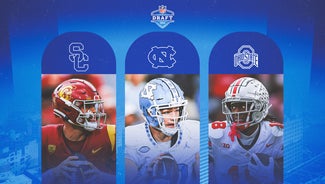





































































































































Cards, Chiefs concussion lawsuits could bring team testimony
Concussion lawsuits filed by former St. Louis Cardinals receiver Roy Green, Kansas City Chiefs defensive lineman Neil Smith and their teammates could force team officials to testify about claims they hid the risk of repeated head injuries.
A Missouri judge ruled the Cardinals case should be heard separately, and not decided on the federal level, where it could be combined with the recently settled federal class-action lawsuit that could cost the NFL $1 billion or more over the next several decades.
By settling the class-action case, the league avoided having to offer testimony about its role in mitigating concussion injuries over the years.
Green, along with teammates J.T. Smith and Ed Scott, sued their old franchise - now in Arizona - in 2013, at about the same time nearly two dozen former Chiefs, including Neil Smith and Albert Lewis, filed a similar lawsuit against their former team.
Chiefs spokesman Ted Crews said the team didn't want to comment on pending litigation. The Cardinals did not respond to requests from The Associated Press for comment.
All the players involved have opted out of the class-action lawsuit, in hopes of having their case heard in Missouri, where the state workers' compensation statute allows them to directly sue the teams. The Chiefs lawsuit is under jurisdiction of the judge who oversaw the class-action lawsuit, Anita Brody. She must rule on whether that can also be sent back to state court in Missouri.
''The move is justified,'' said plaintiffs' attorney Ken McClain. ''We've been proven right in doing it because the federal settlement provides our players with absolutely nothing. They get no benefits.''
In the class-action lawsuit settlement, Brody agreed with a provision that could exclude future claims involving chronic traumatic encephalopathy (CTE) - the condition several players, including Junior Seau and Dave Duerson, were found to have after their brains were examined during autopsies.
CTE cannot be definitively diagnosed in the living, though Brody called for the settlement to be revisited periodically to include the latest science. The settlement will pay players who suffer cognitive injuries, all of which have strong links to CTE, though not those who claim to suffer from CTE itself. According to both lawsuits, the plaintiffs have developed ''post-concussion syndrome (e.g. mood, behavior and cognitive dysfunction), and neurological impairments/damage, such as CTE.''
McClain said when terms of the settlement were becoming clear, he sent all his clients to be evaluated about whether any of them would be eligible for benefits.
''None qualified,'' he said.
All the players in the lawsuits claim they endured concussions between late 1987 and early 1993 when there was no NFL collective bargaining agreement in place.
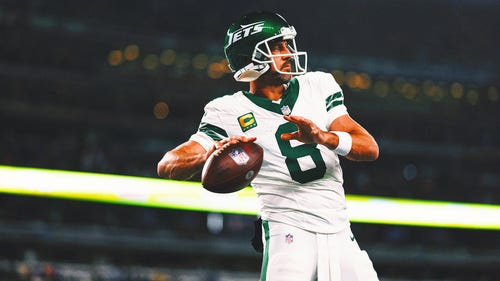
Jets introduce new uniforms with rebranded look, paying homage to 'Sack Exchange' era
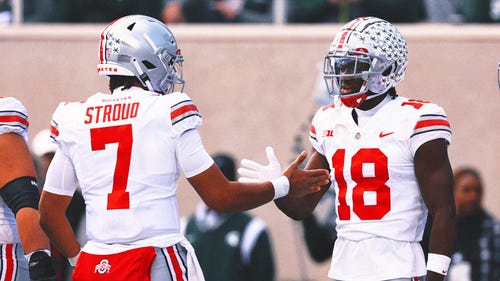
Texans' C.J. Stroud to NFL teams on Marvin Harrison Jr.: 'Don't be dumb'
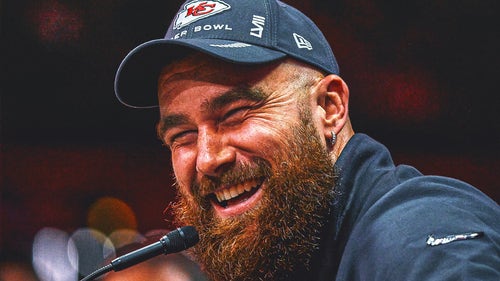
Travis Kelce will host game show 'Are You Smarter than a Celebrity?' for Prime Video
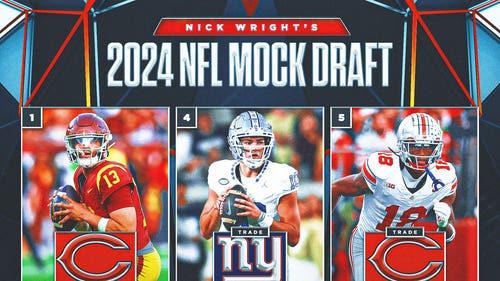
NFL mock draft: Nick Wright has Bears pair Caleb Williams, Marvin Harrison Jr.
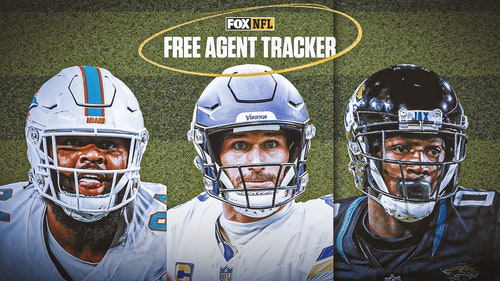
2024 NFL free agency tracker: Signings, updates, best players available
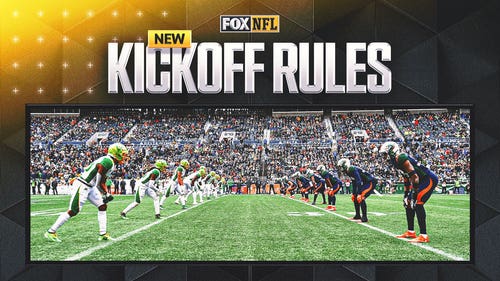
How to succeed with NFL's new kickoff format? XFL coaches share their secrets
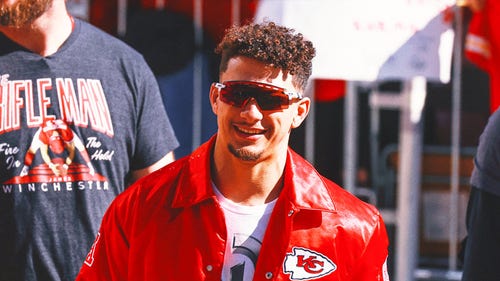
Chiefs QB Patrick Mahomes says he's 'nowhere near' GOAT status yet

2024 NFL Schedule Release: Date, when does the season start?

Rams WR Puka Nacua leaning on Cooper Kupp to help him gear up for Year 2


Jets introduce new uniforms with rebranded look, paying homage to 'Sack Exchange' era

Texans' C.J. Stroud to NFL teams on Marvin Harrison Jr.: 'Don't be dumb'

Travis Kelce will host game show 'Are You Smarter than a Celebrity?' for Prime Video

NFL mock draft: Nick Wright has Bears pair Caleb Williams, Marvin Harrison Jr.

2024 NFL free agency tracker: Signings, updates, best players available

How to succeed with NFL's new kickoff format? XFL coaches share their secrets

Chiefs QB Patrick Mahomes says he's 'nowhere near' GOAT status yet

2024 NFL Schedule Release: Date, when does the season start?

Rams WR Puka Nacua leaning on Cooper Kupp to help him gear up for Year 2
